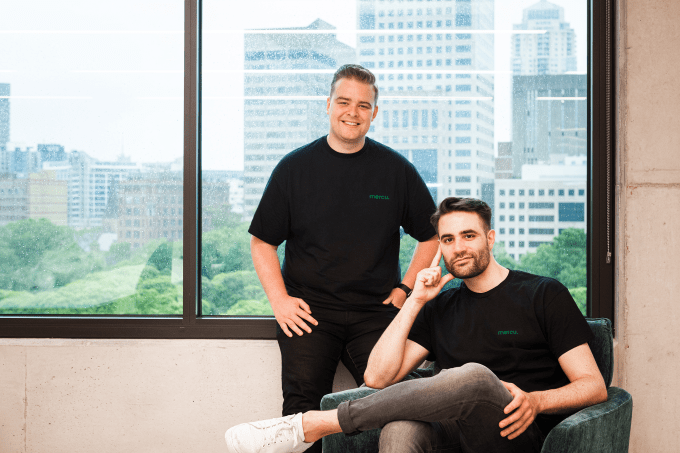Many employee engagement and retention tools were created with the assumption that workers spent most of their time at desks. But the majority of the global workforce is deskless, meaning that they are usually on the move and don’t have constant access to a laptop. A lot of them are also dissatisfied with their jobs, which means companies need to deal with high churn and low retention rates. Based in Singapore, Mercu wants to help with a platform designed specifically to reach deskless employees.
Launched in November 2022, Mercu announced today it has raised $1.6 million in seed funding from 500 Global, TEN13, Flying Fox Ventures, Archangel Ventures, XA Network and returning investor Sequoia Capital India.
Mercu is used by companies in retail, logistics, hospitality and manufacturing to onboard employees, communicate with them and help increase engagement. Its customers include Mexican fast food chain Guzman Y Gomez’s operations in Singapore and Sam Prince Hospitality Group in Australia. It also has customers in the United States, where the seed funding will be used to expand Mercu’s footprint and on hiring.
Before launching Mercu, the startup’s two co-founders, Jascha Zittel and Elliott Gibb, both worked at Grab. Zittel, a product manager there, needed to communicate with millions of drivers in eight countries, and found that engagement for messages sent through WhatsApp and Facebook was much higher than in-app communications or email.
The two told TechCrunch that COVID laid the groundwork for Mercu because it highlighted the importance of the deskless workforce, and also how little their needs were being met. Despite accounting for more than 70% of the global workforce, less than 1% of VC funding gets allocated to startups in the space, they said.

While working at Grab, Zittel and Gibb, a former product designer on Grab’s passenger experience team, saw that many deskless workers feel disconnected from their companies, which negatively impacts retention rates. Keeping workers means staying in constant touch with them and that means meeting them where they are, which is why Mercu works with popular messaging apps instead of requiring workers to download yet another one. This is especially important in emerging markets where there are hardware and data bandwidth restrictions on smartphones.
Mercu can be used to create custom content, or employers can pick from templates for campaigns like engagement surveys. The platform segments employees into groups based on their role, tenure and location, and gives content creators analytics about read and completion rates, industry benchmarks and recommendations.
Some examples of what employers use Mercu for include team dinner invitations, recognition programs, shift swaps and training sign-offs. Guzman y Gomez automated their hiring and onboarding process by using Mercu to perform tasks like sending interview invites and offers through WhatsApp, which reduced the number of no-shows to interviews. The fast food chain also uses Mercu to gauge worker sentiment on a monthly basis to reduce turnover rates.
Sam Prince Hospitality Group uses Mercu to send continuous training, including SOP updates, product information and sales training.
Mercu’s product development team plans to focus on more tools for employees, including looking at how large language models, like ChatGPT, can be used to communicate with employees at scale.































Comment